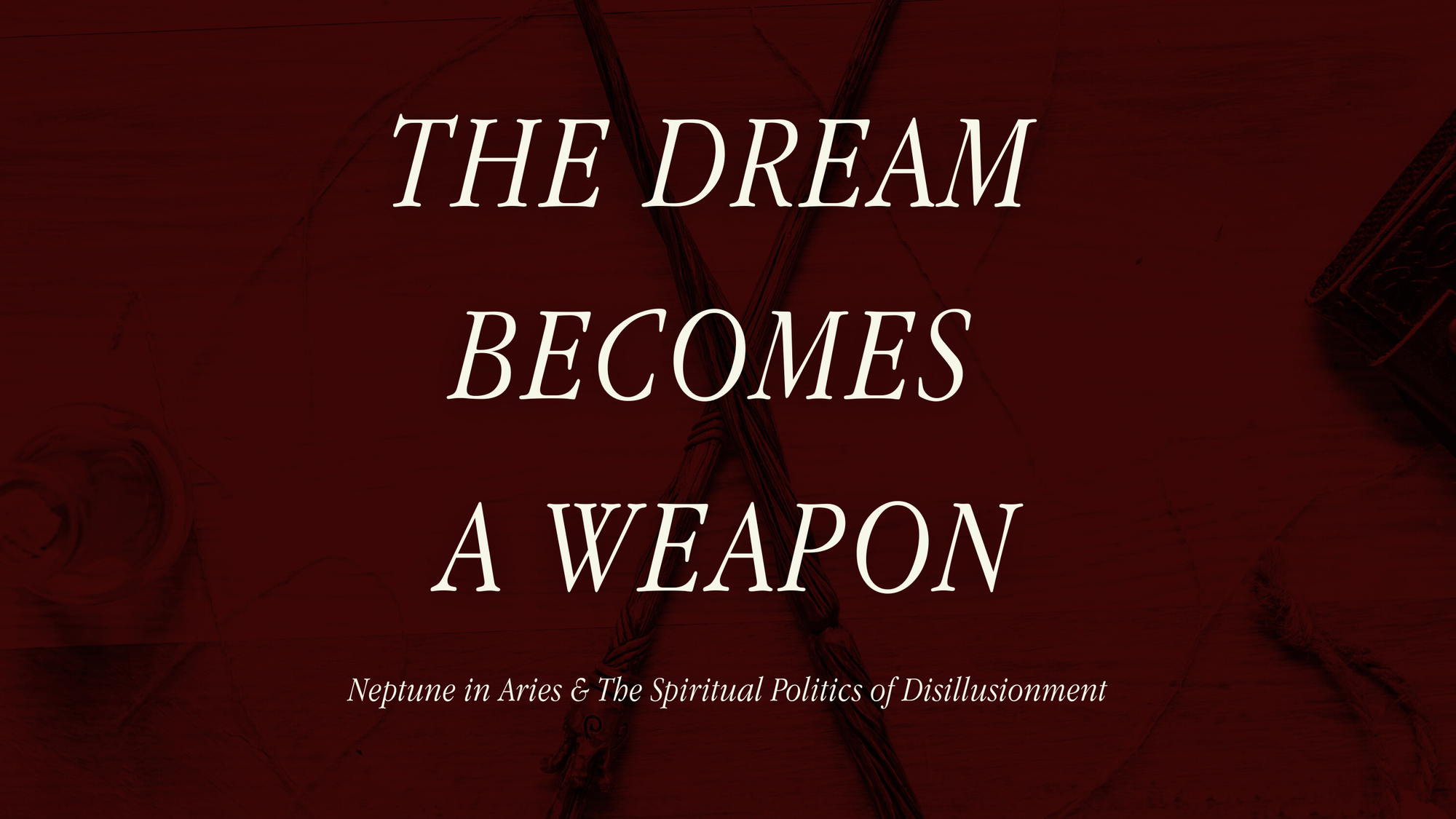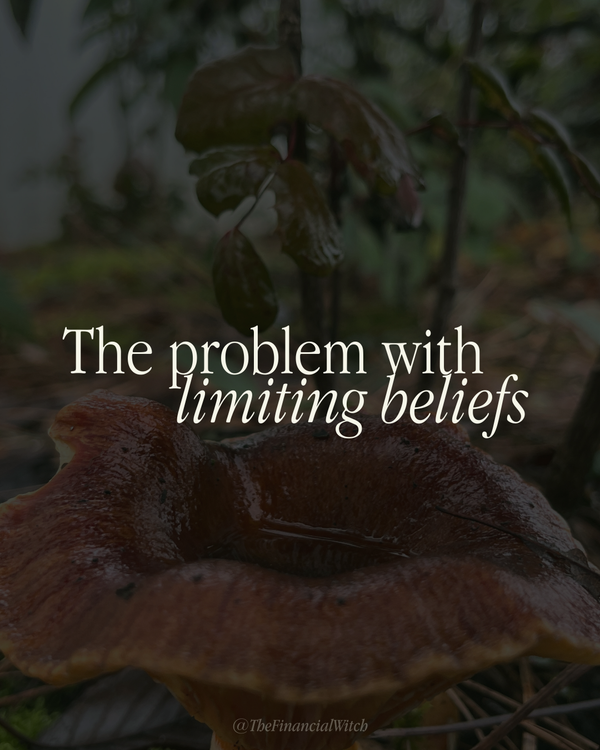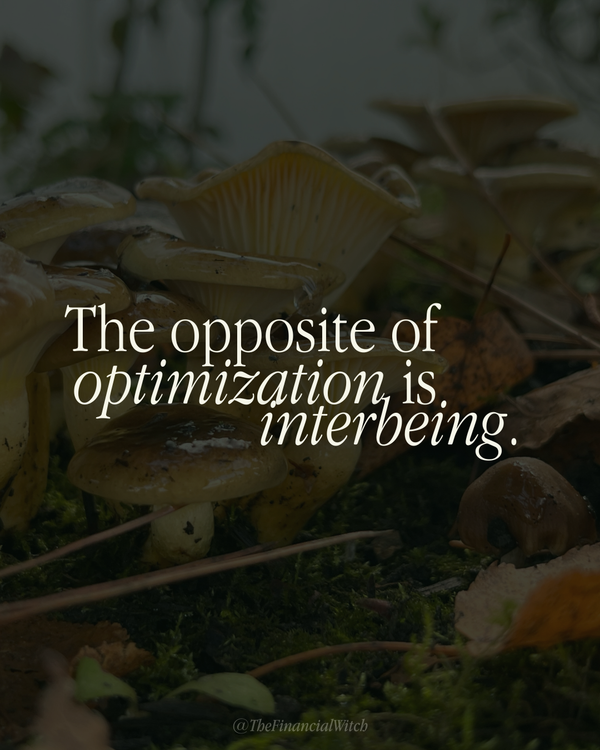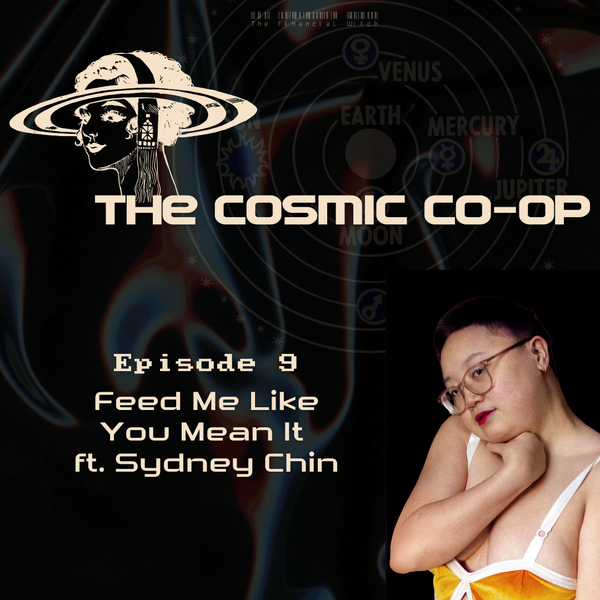Seizing the Myth: How the “Lost Cause” Rewired a Nation Under Neptune in Aries
And how it's happening again in real time
Accelerated mythmaking occurs when a system of power is threatened or questioned.
Mythology isn’t just ancient history or bedtime stories we tell to explain the world. Myths contain deeply embedded information about what it means to be human. And like most tools of culture, myth has been absorbed into the machinery through which power explains itself, justifies itself, and adapts to disruption. This isn’t new, but the shapes it takes are always evolving, just like myth itself.
Myths universalize emotional experiences. They allow us not only to survive the incomprehensible, but to merge with it. Neptune, too, seeks to merge—with the divine, the collective, the illusion, the ideal. It rules cults, religious experiences, trend cycles, costumes, and fantasies. It dissolves boundaries, even between self and system.
When disillusionment cracks the surface of collective reality, rupturing the illusions that once held a culture together, myth rushes in to seal the breach. New stories are spun, not just to explain the rupture, but to help us forget it. This mythic acceleration is a coping mechanism, but also a tool of control. Power needs stories to survive.
We see this most clearly in capitalism—a system that functions like a mythology, a collective illusion, even a kind of religion. It relies on myth to survive the very crises it creates.
Over time, the capitalist dream becomes a double-edged sword: first offering belonging, purpose, and hope, then demanding compliance and punishing those who notice the promises were never real. When collective disillusionment spreads, when too many people begin to question the system’s foundational myths, new ones must be created or co-opted to normalize the system all over again. That’s what makes capitalism so slippery: cut off one head, and two more grow in its place.
Capitalism, like all dominant ideologies, survives by storytelling. It draws from older religious, spiritual, and cultural mythologies, siphoning their power to reinforce its own. These myths serve three main functions:
- To justify capitalism’s existence
- To obscure its harms
- To shape the roles we believe we’re meant to play inside it
Capitalism is a shapeshifter. In its endless pursuit of our consumption, it remolds old myths and spins new ones, adapting its stories to suit the moment.
Myths don’t endure because they are true; they endure because they are believed.
The myth of the rugged individual is one of capitalism’s most enduring legacies, crystallized in liberalism and sharpened by neoliberalism: the story that success is a personal project, failure a personal flaw, and that you don’t need lasting community or interdependence—as long as you can meet your own material needs.
In late-stage capitalism, this myth mutates. Its logic expands beyond labor and self-sufficiency to touch even the realm of intimacy. Now, connection itself is commodified. Every relationship can be replaced with a purchase, every emotional need outsourced to an app, a service, a subscription. The myth no longer just tells us we can go it alone—it convinces us we should. We’re sold individual solutions to collective wounds, encouraged to merge with the myth rather than question the system that feeds on our isolation.
Just like ancient mythologies, capitalist myths offer emotional scaffolding. They give meaning to suffering. They make the purposeless feel purposeful. They offer comfort by framing the inevitable as holy.
But under Neptune in Aries, myths don’t just evolve—they burn. They undergo a fiery death and a rebirth. Because once a myth enters a culture’s bloodstream and becomes embodied, it’s extraordinarily difficult to remove. Only a myth forged in fire can disrupt the ones forged in fog.
As Neptune moved through Aries in the 1860s, the United States tore itself apart in a brutal civil war.
Even as material structures collapsed—plantations, governments, entire economies—new emotional and ideological structures rose just as quickly to take their place.
This was not just a time of political rupture but of emotional spectacle, defined by what historians now call sensation culture: a media and social environment increasingly driven by shock, scandal, fear, and emotional overstimulation—AKA sensationalism. In this context, myth became both balm and weapon, an organizing force that made unbearable loss feel meaningful.
As the Confederate army fell and the Reconstruction era began, the South faced a profound identity crisis, and also a crisis of power. The collapse of slavery triggered more than an economic upheaval. It threatened the South’s entire cultural cosmology. What emerged in response was one of the most urgent acts of mythmaking in U.S. history: the mythology of the Lost Cause.
Unlike the slow evolution of traditional folklore, the Lost Cause was rapidly and deliberately constructed. This was not a myth passed down across generations—it was built in real time, under pressure, to mask defeat and mutate white supremacy into a new, more durable form. This is the accelerated mythmaking of Neptune in Aries.
The Confederacy wasn’t just mourned. It was rebranded, vindicated, and sanctified.
Even before the war ended, Southern leaders began spinning a new narrative, casting the Confederacy not as a failed defense of slavery, but as the spiritual heir to the American Revolution. They framed secession as a noble stand for states’ rights and constitutional liberty (insert eye roll here). Alexander H. Stephens, the Confederate Vice President who had once proudly declared slavery the "cornerstone" of the South, would later insist the war was never about slavery at all, but about resisting federal tyranny.
From the beginning, the Lost Cause myth was propagated through every available cultural channel—sermons, literature, monuments, textbooks, even school curricula. It was designed to turn military defeat into a moral victory. In the atmosphere of sensation culture, where emotional spectacle could outpace critical reflection, the Confederacy’s collapse became a foundation for something far more enduring: a sacred story of noble loss. This story positioned the Confederacy as righteous defenders of independence facing down an ideological and military enemy which had only become stronger than them through corruption or brute force. This way, they could still be the moral winners of the war and attempt to retain the false dignity of the pre-war South.
White supremacists understood exactly what they were doing. They knew what they were doing when they started a war to defend their right to own human beings and they knew what they were doing when they launched their regional PR campaign. They used the tools of the moment—emotional drama, religious symbolism, curated nostalgia, collective grief—to transmute their political failure into a mythic triumph. Myth became the emotional infrastructure through which the ruins of slavery were reassembled into the architecture of racialized capitalism.
- Myth supplied the emotional scaffolding.
- Capitalism supplied the material incentive.
Together, they ensured the South’s defeat would not lead to utopic transformation but to a profitable, codified, and fiercely defended racial order. The Lost Cause was disseminated not only through politics and media, but through deeply emotional forms of cultural production:
- Textbooks downplayed or erased slavery altogether, teaching generations of Southern children that the war had been fought to preserve liberty.
- Confederate monuments, raised in public squares, served not as historical records but as sacred symbols, thus sanctifying white Southern identity.
- Popular literature and minstrel shows romanticized loyal slaves and Southern womanhood, cementing a racial and gendered hierarchy under the guise of nostalgia and virtue.
- Decades later, films like The Birth of a Nation brought these myths into the modern age, shaping collective memory through the lens of emotional spectacle.
In short: myth became a survival mechanism for white supremacy, and in the age of Neptune in Aries—a time when belief can catch fire, when disillusionment seeks new gods to believe in—the Lost Cause thrived.
Time is not a straight line; it spirals. Old stories return in new costumes, retelling themselves to new audiences with just enough variation to feel novel. And just as it did in the 1860s, mythmaking is unfolding in real time, right now.
Neptune has returned to Aries, and disillusionment runs high. Promises made by societal structures have been broken. Things we were taught to take for granted have now become questionable and scarce. The illusions that once held the capitalist order together are cracking, and in the space where certainty once lived, new myths are rushing in.
Fascism thrives in mythic language. In the absence of shared truth, emotional spectacle becomes the currency of belief—just as it did when the Confederacy was defeated. As the United States careens through another identity crisis, we must ask:
- What myths are we watching die, and which ones are being reborn?
- Who benefits from the stories being told now, and who is being sacrificed within them?
- What emotional needs are these myths meeting? What pain are they covering over?
- What new “Lost Causes” are being forged today—narratives designed to protect power, reframe defeat, or justify violence?
- How do we intervene in the mythmaking process, not by refusing myth altogether, but by choosing which stories we help carry forward?
Because whether we name it or not, the mythmaking is already happening. The question is not if we’ll participate, but how.

Join me for my newest lecture on Neptune in Aries, THE DREAM BECOMES A WEAPON, on Monday, May 12th. I will take you through a historical-astrological exploration of the last time Neptune was in Aries and what we can learn from this transit as we move through uncharted territory. We’ll also discuss weaponized idealism in the Age of Air, how to maintain spiritual clarity as you navigate disillusionment, and the fresh illusions which emerge when another illusion dies. Sliding scale price is $27-45. Register here.
I hope to see you there.
Thank you for reading!
Your ongoing support makes it possible to continue writing, podcasting, and offering more sliding scale and no-cost offerings in the future. To support the podcast & become a Cosmic Co-Op member, click here.
Share this publication: like, comment, reply, or link me on your social media! I love to receive thoughtful feedback and continue conversations beyond this platform--especially in our community Discord server.
To learn more about my work, visit my website.




